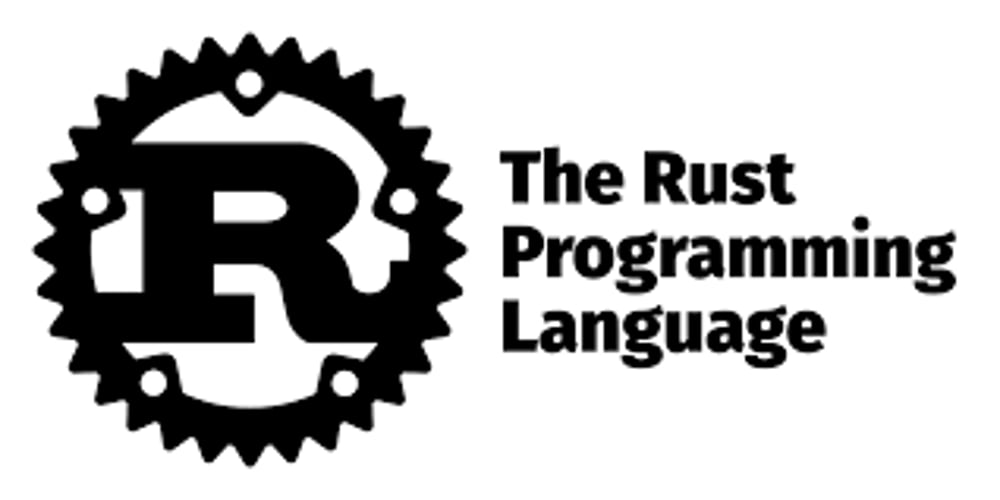 # rust # programming # systems # learning Rust is a relatively new programming language causing quite a stir in the tech industry.Created by Mozilla Research, it first emerged in 2010 with the aim of developing a secure, concurrent, and high-performance systems programming language.
# rust # programming # systems # learning Rust is a relatively new programming language causing quite a stir in the tech industry.Created by Mozilla Research, it first emerged in 2010 with the aim of developing a secure, concurrent, and high-performance systems programming language.
The Birth of Rust
The concept behind Rust originated as a side project by a Mozilla employee named Graydon Hoare.He was motivated by the difficulties in writing modern system-level code that was not only fast but also safe from vulnerabilities like null pointer dereferences, data races, and buffer overflows – while still retaining the control traditionally offered by lower-level languages such as C and C++.
The project gained momentum in 2009 when Mozilla started hiring a team to work on it.By 2010, the first public version was released, and after numerous refinements, version 1.0 arrived in 2015.
What Makes Rust Unique?
Rust is designed as a systems programming language that runs lightning-fast, prevents segfaults and data races, and ensures thread-safety – all without the overhead of a garbage collector.It combines low-level performance control with high-level convenience and safety checks.
Some of Rust’s standout features include:
Ownership and Borrowing – Rust’s innovative ownership model governs how values can be assigned and moved to prevent common memory bugs
Algebraic Data Types and Pattern Matching – Enable powerful functional programming constructs
Concurrency Without Data Races – Rust makes it impossible to expose mutable shared state by restricting code access to data
Zero-Cost Abstractions – Rust abstractions like iterators compile down to the same code as if you’d written it manually
Cross-Platform with LLVM – Rust compiles down to highly optimized machine code on all platforms via LLVM
Advantages of Rust
Compared to lower-level systems languages like C and C++, Rust provides much stronger memory safety without compromising performance.Safe Rust code simply cannot have null pointer exceptions or data races.
Compared to garbage collected languages like Java, C#, Python, and JavaScript, Rust can offer lower memory overhead and more predictable latency by avoiding the costs of a tracing garbage collector.
Rust also boasts a very progressive type system that can often automatically infer types while still allowing explicit type declarations when needed.
The Downsides of Rust
While Rust offers many great benefits, it does come with some trade-offs:
Steep Learning Curve – Rust’s innovative ownership and borrowing concepts take time to master
Compilation Times – Rust’s monolithic compiler design can lead to long recompilation times, though improvements are ongoing
Young Ecosystem – While growing rapidly, Rust still lacks some 3rd party libraries compared to more mature languages
Unfamiliar Syntax – Things like lifetime specifiers and macro metaprogramming can make Rust code terse and unfamiliar at first
Is Rust Production-Ready?
While Rust is still in its early adoption phase, it is already being used in production at companies like Dropbox, Cloudflare, Coursera, and Firefox itself.
Major technologies like the Servo web engine, the Libra cryptocurrency, and the Redox operating system kernel were all written in Rust.
For systems programming where safety, concurrency, and performance are critical, Rust’s practical balance of simplicity and control is extremely compelling.
As the language matures further and developer experience continues improving, Rust seems poised to potentially reshape the landscape of systems programming languages over the next decade.
Top comments (0) Subscribe Personal Trusted User Create template Templates let you quickly answer FAQs or store snippets for re-use.
Submit Preview Dismiss Code of Conduct • Report abuse Are you sure you want to hide this comment? It will become hidden in your post, but will still be visible via the comment’s permalink .
Hide child comments as well
Confirm
For further actions, you may consider blocking this person and/or reporting abuse
Read next What happens when you type a URL into your browser? Dhanush N – Apr 15
What You Possibly Don’t Know About Columnar Storage Judy – Apr 7
Synch vs.Async Programming Necati Özmen – Apr 16
Episode 24/14: Angular Query, New Template Syntax ng-news – Apr 16
Elvis Ouma Follow Joined Apr 21, 2024 Trending on DEV Community Hot
Mentor Matching — April 2024 🤝 # mentorship # community # discuss # career 12 Tips from a Mid-level Developer # programming # career # softwaredevelopment # webdev What are you learning about this weekend? 🧠 # learning # beginners # discuss.
